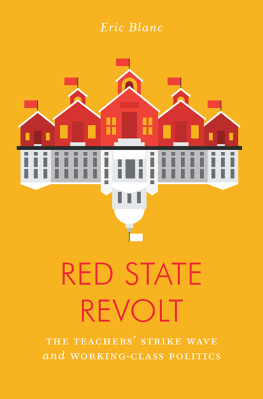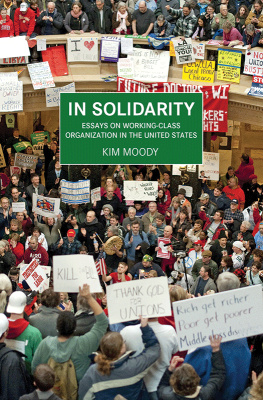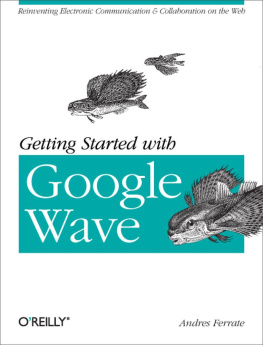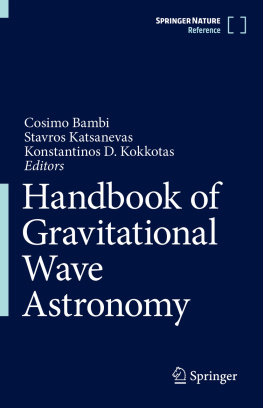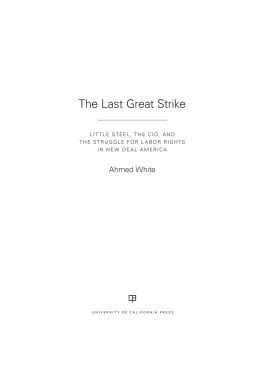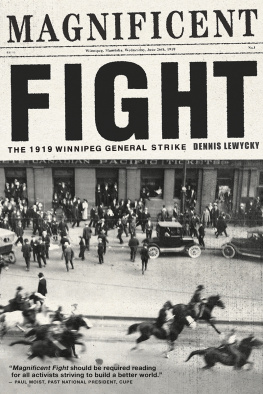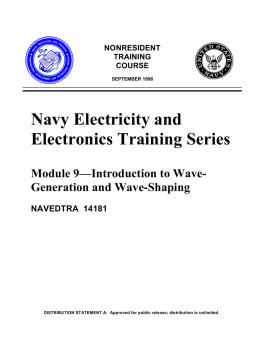Contents

Red State Revolt

The Jacobin series features short interrogations of politics, economics, and culture from a socialist perspective, as an avenue to radical political practice. The books offer critical analysis and engagement with the history and ideas of the Left in an accessible format.
The series is a collaboration between Verso Books and Jacobin magazine, which is published quarterly in print and online at jacobinmag.com.
Other titles in this series available from Verso Books:
Utopia or Bust by Benjamin Kunkel
Playing the Whore by Melissa Gira Grant
Strike for America by Micah Uetricht
The New Prophets of Capital by Nicole Aschoff
Four Futures by Peter Frase
Class War by Megan Erickson
Building the Commune by George Ciccariello-Maher
Capital City by Samuel Stein
The Peoples Republic of Walmart by
Leigh Phillips and Michal Rozworski
Red State Revolt
The Teachers Strike Wave
and Working-Class Politics
ERIC BLANC

First published by Verso 2019
Eric Blanc 2019
All rights reserved
The moral rights of the author have been asserted
1 3 5 7 9 10 8 6 4 2
Verso
UK: 6 Meard Street, London W1F 0EG
US: 20 Jay Street, Suite 1010, Brooklyn, NY 11201
versobooks.com
Verso is the imprint of New Left Books
ISBN-13: 978-1-78873-574-2
ISBN-13: 978-1-78873-575-9 (UK EBK)
ISBN-13: 978-1-78873-576-6 (US EBK)
British Library Cataloguing in Publication Data
A catalogue record for this book is available from the British Library
Library of Congress Cataloging-in-Publication Data
A catalog record for this book is available from the Library of Congress
Typeset in Fournier MT by Hewer Text UK Ltd, Edinburgh
Printed and bound by CPI Group (UK) Ltd, Croydon CR0 4YY
CONTENTS
In the spring of 2018, teachers and school staff across the United States fought back and won. By walking out for better pay and school funding, hundreds of thousands of educators etched their imprint onto the course of history.
The strike wave sparked by West Virginia produced a range of major victories. It also produced some great stories. While interviewing school employees during and after the walkouts, Id always make sure to ask about their favorite moment of the struggle so far.
Some recounted the exhilaration of personally confronting a conservative politician. Many emphasized how proud they were of having become an organizer. Others told me about the joy of their first day back at school, when students thanked and high-fived them for taking a stand. More than a few were just relieved that they could now pay the rent.
I was particularly moved by stories about small acts of support from strangers. Abby Broome, a teacher in Putnam County, West Virginia, wrote to me about one such experience. Her letter poignantly describes how the strike imbued routine interactions with a spirit of solidarity:
I was walking to my car probably 4 or 5 blocks from the state capitol. I was alone, have to admit kind of insecure as Im a young woman and I was alone in unfamiliar territory and it was getting late. I was wearing my strike sign around my neck, had on my red bandana and red strike shirt. I passed a bus stop where a couple people were waiting for the shelter. Under different circumstances, I dont think any of us would have acknowledged each other. (We should have.) But this time one of the men spoke and said, I support you. Its awesome what you all are doing. Keep fighting.
Honestly, I was shocked. For weeks we had been ridiculed by some of our elected officials, the media, our own governor. But I learned that night that we had the support of hardworking people who know the struggle, working people probably having to take the city bus to work, people who fight every day to make ends meet, people who truly cared about what we were doing. It really changed things for me. I was tired like everyone else. I wanted things to get back to normal. But I felt energized and respected like I never had. I was proud. We were doing something bigger than ourselves. I think we were giving other people a little hope.
West Virginias walkout gave hope to working-class people well past state lines. Inspired by the Mountain State strikers, school employees in Oklahoma, Arizona, and beyond followed suit. Confounding all expectations, these actions erupted in Republican-dominated regions with relatively weak labor unions, bans on public sector strikes, and electorates that voted for Donald Trump in 2016. And considering the fall 2018 work stoppages in Washington and a looming strike in Los Angeles, there is no sign that this militant educator upsurge will be short livednor confined to so-called red states.
This is a book about the power of strikes. It tells the story of the thousands of educators like Abby Broome who took workplace action for the first time and were profoundly transformed in the process. Its also a behind-the-scenes account of how militant teacher-organizersmost of them young radicals inspired by the 2016 Bernie Sanders presidential campaigninitiated these illegal rank-and-file rebellions and guided them to victory in alliance with their trade unions.
Finally, this book is an attempt to extract the main political lessons of the 2018 upsurge, the first wave of US work stoppages in multiple generations. Our side doesnt win very often; for decades, workers, organized labor, and the Left have been losing a one-sided class war waged by billionaires and their apologists. If we want to build an effective alternative to Trump and the Far Right, we cant afford to ignore the experience of the red state revolt.
A Historic Upsurge
At most times and in most places, the norm is working-class resignation, rather than resistance. But the first few months of 2018 were one of those rare instances in US history when ordinary people forced their way into the political arena, seeking to take their destinies into their own hands. In so doing, they transformed themselves just as much as they shaped their workplaces and society.
To quote Oklahoma teacher Gabrielle Price, educators took a crash course in politics and government and will never be able to unsee what they have seen. There is more than a little poetic justice in the fact that many strikers belonged to the white working class that liberal elites blamed for Trumps election.
Teacher after teacher recounted to me epiphanies produced in the heat of struggle, ranging from disillusionment in Republican politicians to a newfound sense of individual and collective power. In the words of one Arizona educator: Rallying at the capitol was one of few moments in my lifetime where I felt I stood exactly where one ought toit was unequivocally purposeful, courageous and joyful.
Teachers and support staff were not the only ones to reach new political conclusions. Millions of workers in each of these states witnessed a major social battle in which workers, for once, came out on top. A whole generation of young people, in particular, just learned firsthand that mass action is both legitimate and effective. To quote Oklahoma high school student Ravi Patel, Our teachers are setting an example of bravery by standing up to ignorance and inaction Our teachers are setting a better example than our legislators have for the past decade.

